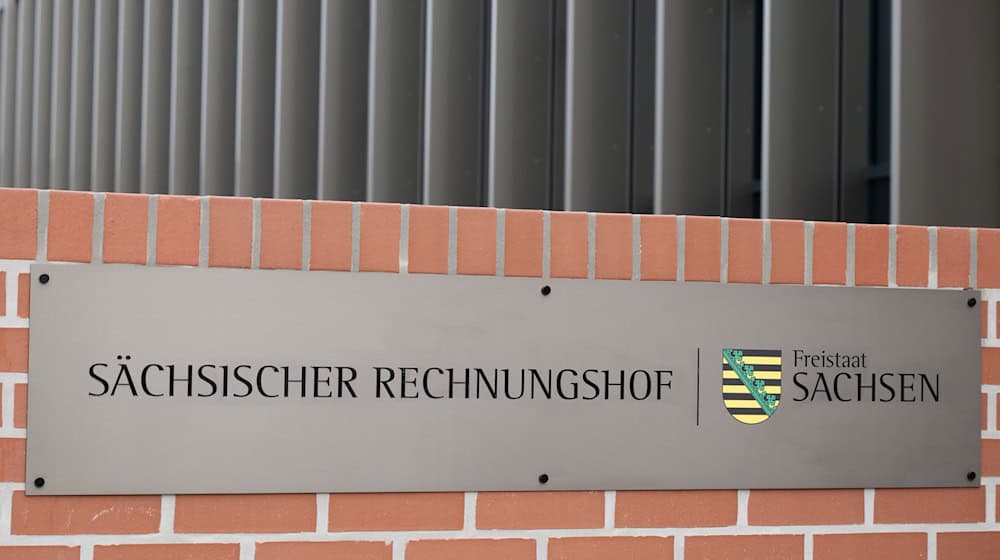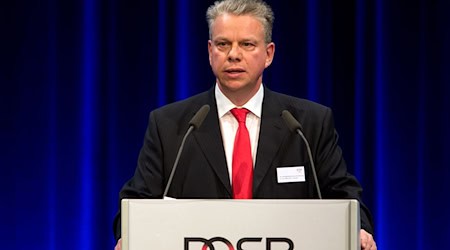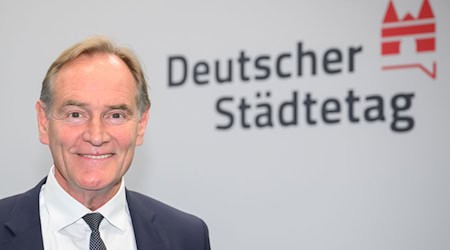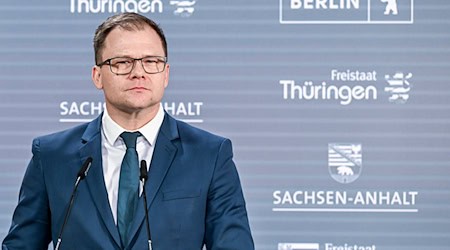In the alleged funding scandal involving the Saxon Ministry of Social Affairs, an expert clearly contradicts the opinion of the State Court of Audit. According to the expert, the Court of Audit exceeded its authority when it accused the ministry of violating the neutrality requirement. In the opinion of expert Friedhelm Hufen, the auditors acted excessively. They were not authorized by the legislator to issue statements on the neutrality requirement and equal opportunities for political parties. Hufen, a constitutional law expert from Mainz, had prepared the report on behalf of several foundations active in the field of democracy work.
Court of Auditors harshly criticizes funding practices at the Ministry of Social Affairs
The stumbling block was a special report by the Saxon Court of Audit (SRH) on funding practices at the Ministry of Social Affairs (SMS). The auditors had audited the "Integrative Measures" funding guidelines for the years 2016 to 2019. This involved funds that associations and initiatives provided for their work for refugees. The SRH found that the ministry had acted unlawfully to an "exceptional degree". No evidence of personal misconduct on the part of Minister Petra Köpping (SPD) was found. However, State Secretary Sebastian Vogel was retired.
"The SRH does not consider the state neutrality requirement to be sufficiently protected and observed by the SMS," the special report stated. The SMS must refrain from exerting a possible controlling influence on political decision-making and actively protect the principle of state neutrality. "This also means not accepting the use of public funds for political activities by grant recipients."
Political education and democracy work is never "neutral"
Friedhelm Hufen, Professor of Constitutional and Administrative Law at Johannes Gutenberg University Mainz, was asked by the Cellex Foundation and other foundations to provide an expert opinion. His verdict was clear. "The political proximity of a ministry whose very title is geared towards social issues and social cohesion to social associations with the same goals is not a violation of the neutrality requirement, but is in fact inherent to the matter," was a key statement. Political education and democracy work are always directed towards ethical values and constitutional goals and are therefore never "neutral".
"The public funding of private initiatives does not mean that their statements become those of the state. The private sponsors are neither an instrument nor a 'mouthpiece' of the ministry and are also not bound to the same extent by a neutrality requirement - however defined - and the equal opportunities of the parties," it continued.
Foundation: Expert opinion strengthens position of non-profit organizations nationwide
According to the Cellex Foundation, Hufen draws a precise line for the first time as to what the neutrality requirement obliges recipients of funding to do and what it does not. "Civil society organizations may also oppose the AfD and specifically warn against the policies of this party if they have received state funding. As committed mediators in democratic work, many associations see it as their duty to warn of the dangers to the values and fundamental rights of our constitution if the AfD gains influence," the foundation stated. The report strengthens the position of non-profit organizations nationwide.
"It is precisely part of our free democratic basic order that there are also conflicting political opinions and convictions and that these can also be expressed and discussed publicly. The very idea that you are no longer allowed to express your political opinion if you receive public funding is abstruse," explained Markus Schlimbach, head of the German Trade Union Confederation in Saxony. The report shows that Saxony is threatened with unnecessary legal disputes if it continues to rigidly adhere to the neutrality requirement.
Copyright 2024, dpa (www.dpa.de). All rights reserved










